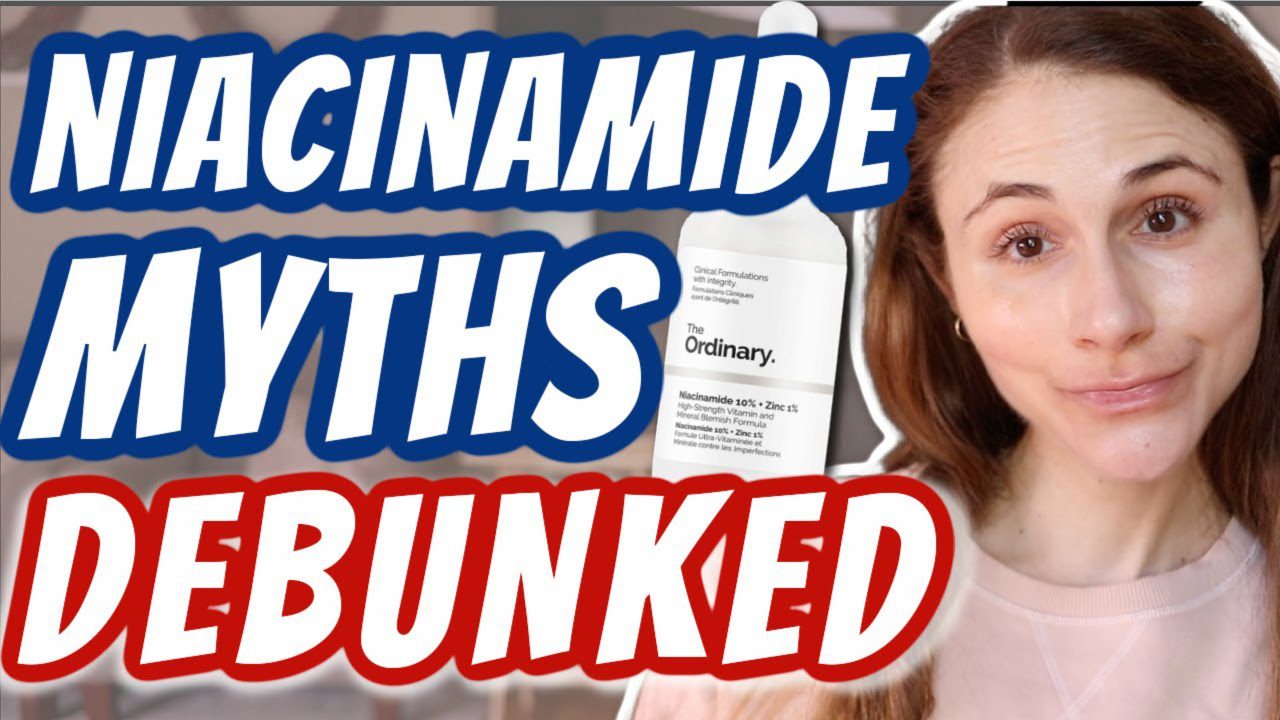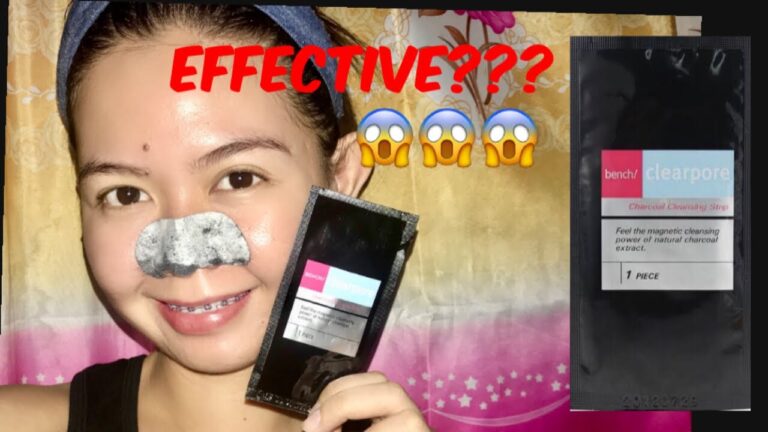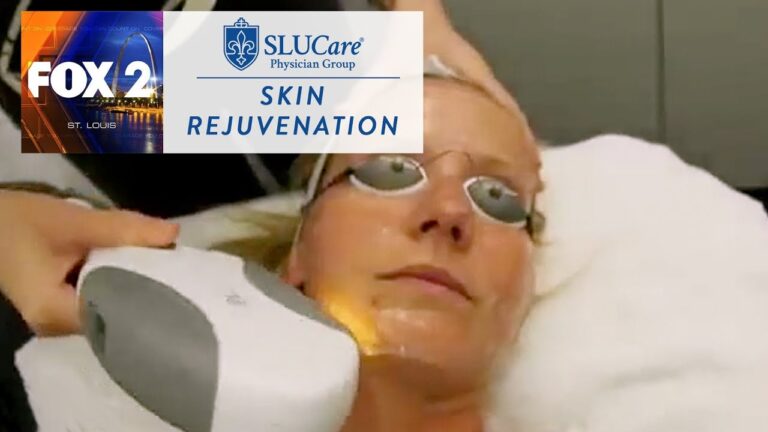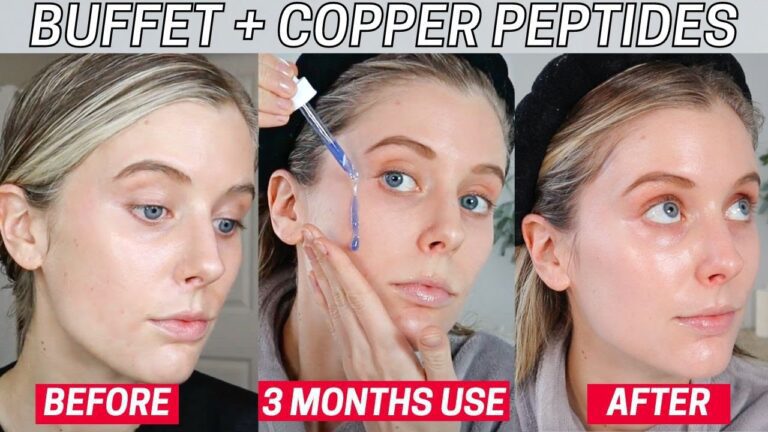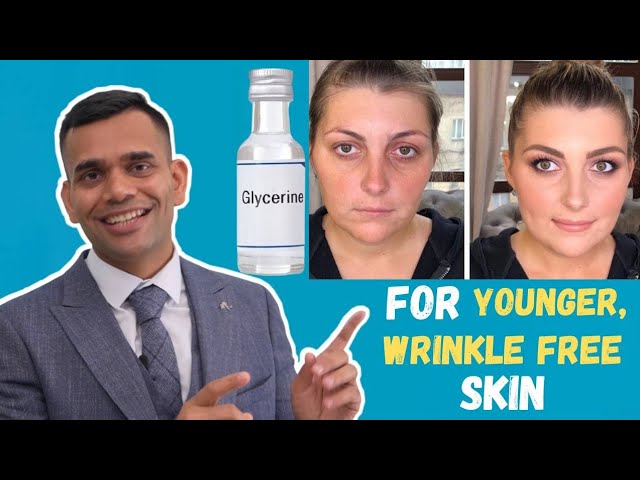Niacinamide for Acne: The Ultimate Guide to Clear Skin
Niacinamide and its Benefits for Acne-Prone Skin
If you’re someone who constantly struggles with acne, you might have come across the term “niacinamide” while searching for a solution. Niacinamide, also known as vitamin B3, is a versatile ingredient that can aid in reducing acne inflammation and preventing breakouts. In this article, we’ll discuss how niacinamide can help manage acne-prone skin and its benefits.
What is Niacinamide?
Niacinamide is a water-soluble vitamin that belongs to the family of vitamin B3. It’s present in a variety of food items such as yeast, meats, fish, and green vegetables. Niacinamide is famous for its potential benefits for the skin, such as improving texture and reducing hyperpigmentation.
How does Niacinamide work for Acne-Prone Skin?
Acne is a chronic skin condition that affects millions of people worldwide. Niacinamide helps acne-prone skin in several ways:
1. Reduces Inflammation: Inflammation is one of the primary causes of skin issues such as pimples, blackheads, and whiteheads. Niacinamide helps in reducing inflammation, and when applied topically, it can soothe and heal the skin.
2. Calms Oil Production: Niacinamide helps regulate sebum production, which is a crucial factor in acne breakouts. Too much sebum can clog hair follicles and lead to the formation of pimples, blackheads, and whiteheads.
3. Decreases Pore Size: Over time, pore size increases due to aging, sun exposure, or clogged pores. Niacinamide can help decrease pore size, which reduces the chances of clogged pores.
What Are the Benefits of Using Niacinamide for Acne-Prone Skin?
Niacinamide has several benefits for acne-prone skin:
1. Reduces Acne Scarring: Acne scars can persist long after the pimples have healed. Niacinamide can reduce the appearance of acne scars by increasing collagen production and improving skin elasticity.
2. Minimizes Hyperpigmentation: Hyperpigmentation is a common issue for people struggling with acne. Niacinamide can help reduce hyperpigmentation by blocking the transfer of melanin to the skin’s surface.
3. Hydrates Skin: Acne-prone skin can be dehydrated due to excessive washing or using harsh products. Niacinamide has hydrating properties that can help retain moisture in the skin.
How to Incorporate Niacinamide into Your Skincare Routine?
Niacinamide is a versatile ingredient that can be incorporated into any skincare routine. Some tips to follow are:
1. Look for serums or creams containing 2-10% niacinamide.
2. Apply niacinamide after washing your face in the morning and evening.
3. Always use sunscreen during the day to protect your skin from UV rays.
Products with Niacinamide for Acne-Prone Skin
Several products contain niacinamide that can provide numerous benefits for acne-prone skin. Here are some products that you can consider adding to your skincare routine:
1. The Ordinary Niacinamide 10% + Zinc 1%: This product consists of a combination of niacinamide and zinc that reduces inflammation and regulates sebum production.
2. Paula’s Choice 10% Niacinamide Booster: This product contains a high concentration of niacinamide and can help minimize the appearance of pores, control oil production, and reduce redness.
3. La Roche-Posay Effaclar Duo Acne Spot Treatment: This product contains 5.5% niacinamide and helps fight acne-causing bacteria while reducing inflammation.
Conclusion
Niacinamide is a potent ingredient that can provide several benefits for acne-prone skin. It can reduce inflammation, calm oil production, decrease pore size, reduce acne scarring, minimize hyperpigmentation, and hydrate the skin. By incorporating niacinamide into your skincare routine and using products containing niacinamide, you can effectively manage your acne and achieve smooth and healthy-looking skin.

